INDIAN ARMED FORCES CHIEFS ON OUR RELENTLESS AND FOCUSED PUBLISHING EFFORTS

The insightful articles, inspiring narrations and analytical perspectives presented by the Editorial Team, establish an alluring connect with the reader. My compliments and best wishes to SP Guide Publications.

"Over the past 60 years, the growth of SP Guide Publications has mirrored the rising stature of Indian Navy. Its well-researched and informative magazines on Defence and Aerospace sector have served to shape an educated opinion of our military personnel, policy makers and the public alike. I wish SP's Publication team continued success, fair winds and following seas in all future endeavour!"

Since, its inception in 1964, SP Guide Publications has consistently demonstrated commitment to high-quality journalism in the aerospace and defence sectors, earning a well-deserved reputation as Asia's largest media house in this domain. I wish SP Guide Publications continued success in its pursuit of excellence.
- Prime Minister Modi Visits Punjab’s Adampur Air Base, Interacts with Airmen after Successful ‘Operation Sindoor’; Stern Message to Pakistan
- The layered Air Defence systems that worked superbly, the key element of Operation Sindoor
- Operation Sindoor | Day 2 DGMOs Briefing
- Operation Sindoor: India strikes back with Precision and Purpose
- Operation Sindoor: Resolute yet Restrained
- India’s Operation Sindoor Sends a Clear Message to Terror and the World – ‘ZERO TOLERANCE’
- Japan and India set forth a defence cooperation consultancy framework, talks on tank and jet engines
- Terrorist Attack in Pahalgam in Kashmir: Unfolding a long surgical war against PAK
- Lt General Pratik Sharma takes over Command of Indian Army's Northern Command
Axiom Mission 4: India's Historic Leap into Space
A new chapter in India's space odyssey begins as Group Captain Shubhanshu Shukla of the Indian Air Force prepares to launch into orbit aboard Axiom Mission 4 (Ax-4). While there is a delay in launching as SpaceX called off a launch attempt of the crewed Axiom Space Ax-4 mission, it is on its way to set forth the journey after full proof technical clearance.
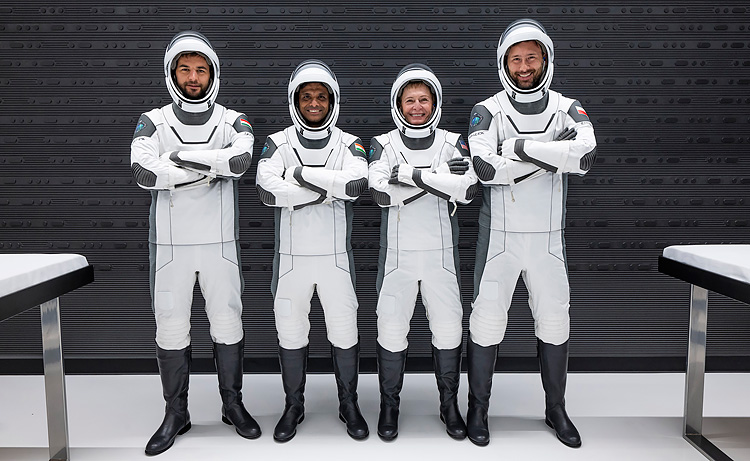
A new chapter in India's space odyssey begins as Group Captain Shubhanshu Shukla of the Indian Air Force prepares to launch into orbit aboard Axiom Mission 4 (Ax-4). This landmark event marks India's return to human spaceflight after over four decades and represents a significant stride in the nation's aspirations as a global space power.
While there is a delay in launching as SpaceX called off a planned Wednesday (June 11) morning launch attempt of the crewed Axiom Space Ax-4 mission, it is well on its way to set forth the journey after full proof technical clearance. According to SpaceX, it is to deal with a liquid oxygen leak on the rocket booster.
This mission, a collaboration between Axiom Space, SpaceX, and NASA, underscores India's growing prowess in space exploration and its commitment to international cooperation in space science.
"Standing down from tomorrow's Falcon 9 launch of Ax-4 to the @Space_Station to allow additional time for SpaceX teams to repair the LOx leak identified during post static fire booster inspections," SpaceX posted on X late Tuesday. "Once complete – and pending Range availability – we will share a new launch date."
This mission, a collaboration between Axiom Space, SpaceX, and NASA, underscores India's growing prowess in space exploration and its commitment to international cooperation in space science.
Mission Overview
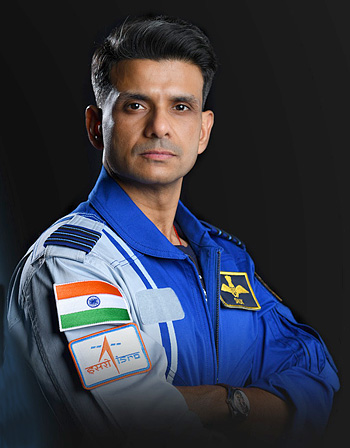
Axiom Mission 4 is a private crewed spaceflight to the International Space Station (ISS), utilising SpaceX's Falcon 9 Block 5 rocket and Crew Dragon spacecraft. The mission is scheduled to launch from NASA's Kennedy Space Centre and will last approximately 14 to 21 days. The crew comprises:
- Commander: Peggy Whitson (USA)
- Pilot: Group Captain Shubhanshu Shukla (India)
- Mission Specialist: Sławosz Uznański-Wiśniewski (Poland)
- Mission Specialist: Tibor Kapu (Hungary)
For the Indian space journey, it will be the first time an Indian astronaut officially represents India on the ISS. India's last crewed space mission dates back to 1984, when Wing Commander Rakesh Sharma became the first Indian in space aboard the Soviet Soyuz T-11. Now, more than 40 years later, Shukla's mission signals a powerful resurgence, setting the stage for India's Gaganyaan mission and future collaborative efforts in low-Earth orbit and beyond.
Group Captain Shubhanshu Shukla will participate in over 60 experiments, including six developed by ISRO.
Ax-4, organised by Axiom Space in partnership with SpaceX and NASA, is an international private spaceflight mission launched aboard the SpaceX Crew Dragon spacecraft. Shukla's participation reflects India's growing footprint in commercial spaceflight and its openness to multilateral cooperation in scientific and technological advancement.
Objectives of Axiom Mission 4
Group Captain Shubhanshu Shukla, a decorated test pilot with extensive experience in high-performance aircraft, has undergone intensive astronaut training alongside crewmates from various countries. He will participate in over 60 experiments, including six developed by ISRO, focusing on areas such as cognitive effects of screen use, microbial adaptation, muscle atrophy, and crop resilience in microgravity.
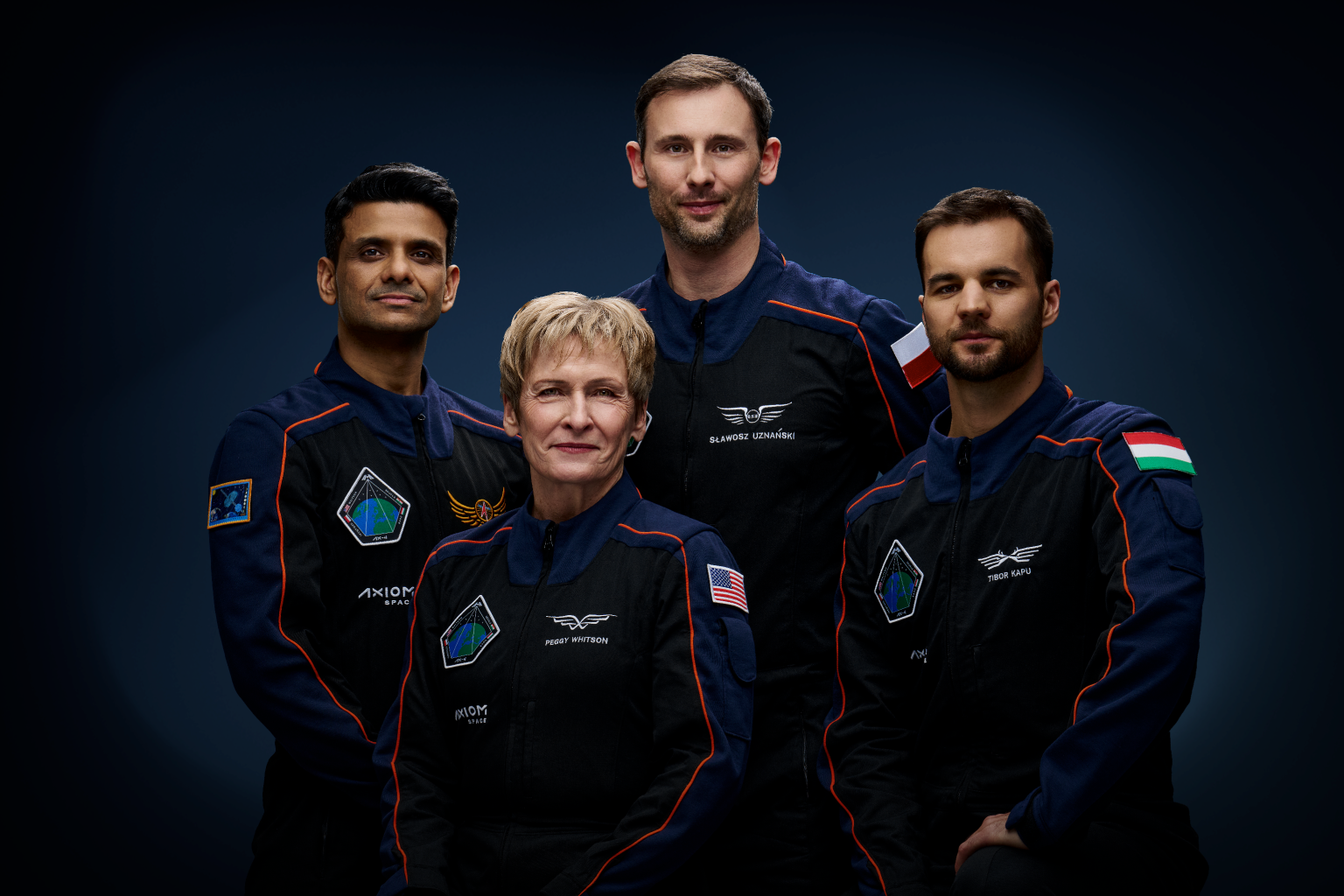
The primary objectives of Ax-4 have multiple tasks to accomplish.
Scientific Research: Conducting experiments in microgravity to study the effects on human health, microbial behaviour, and material properties.
International Collaboration: Strengthening partnerships between NASA, ISRO, and other international space agencies. India's participation in Ax-4 exemplifies a new era of inclusive space exploration, where emerging spacefaring nations contribute directly to crewed missions. As Axiom Space works toward building the world's first commercial space station, India's involvement signals its intention to be a stakeholder in the orbital economy of the future. Furthermore, it highlights the strategic importance of fostering global alliances in space, especially as the world pivots to lunar missions, asteroid exploration, and long-term space habitation.
India's participation in Ax-4 exemplifies a new era of inclusive space exploration, where emerging spacefaring nations contribute directly to crewed missions
Technology Demonstration: Testing advanced spaceflight technologies that could benefit future missions, including India's Gaganyaan programme. It will involve testing indigenous space technologies developed by Indian scientists.
Technological Aspects
The mission employs SpaceX's Crew Dragon spacecraft, known for its reliability and advanced features like autonomous docking, which ensures safe and precise docking with the ISS. It has the full range of life support systems to maintain a stable environment for the crew during their stay. Furthermore, it is equipped with advanced communication tools to facilitate real-time data sharing between the crew and mission control. These technologies are pivotal in ensuring the safety and success of the mission, paving the way for future deep-space explorations.
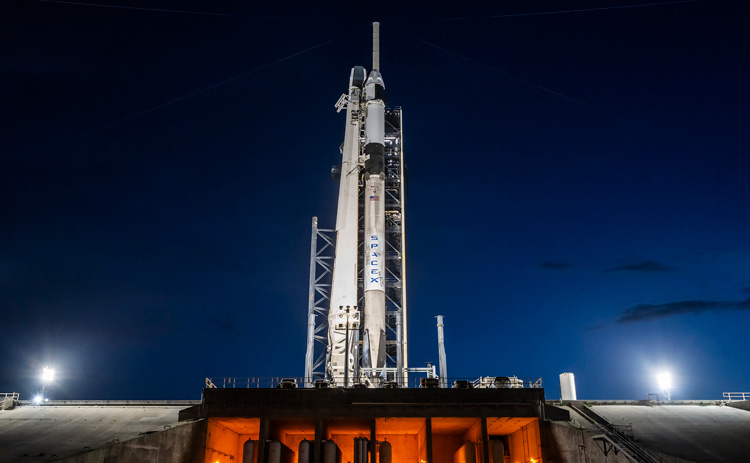
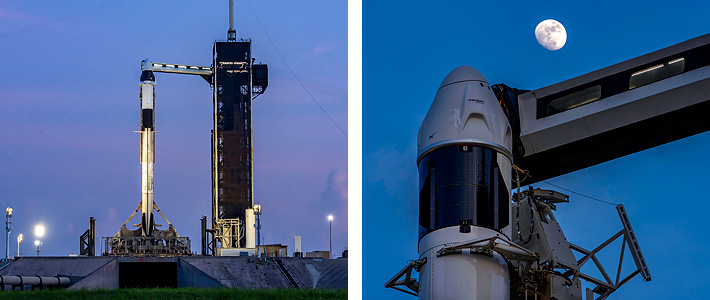
The Road to Launch: Challenges and Delays
The journey to space is fraught with challenges, including the physical and psychological training that Astronauts undergo rigorous training to adapt to the harsh conditions of space.
Another technical complexity is ensuring the functionality of spacecraft systems in the microgravity environment. It is also crucial to align the objectives and operations of multiple space agencies.
The mission also aligns with India's aspirations for the Gaganyaan programme, aiming to send Indian astronauts to space independently
Shubhanshu Shukla's extensive training at the Yuri Gagarin Cosmonaut Training Centre in Russia and ISRO's Bengaluru facility has equipped him to handle these challenges effectively.
Ax-4 was originally scheduled for launch in early 2025 but experienced multiple delays due to a combination of technical reviews, alignment of partner schedules, and orbital traffic management at the International Space Station (ISS). Additionally, training modifications were required to integrate India's mission objectives and payloads, further pushing the timeline.
NASA's International Space Station program manager, Dana Weigel, said any delay this week should not pose too much of an issue.
"We have launch opportunities through June 30," she said, and then a break until about the second week in July. "So, plenty of opportunities to fly to these people, she clarified."
Another challenge lay in coordinating protocols between Indian space agencies and international partners. For instance, checking safety and mission assurance standards across different nations took months of diplomatic and engineering negotiations.
However, according to a former fighter pilot, these hurdles ultimately strengthened the mission framework, making Ax-4 a robust demonstration of global collaboration in space.
The mission also aligns with India's aspirations for the Gaganyaan programme, aiming to send Indian astronauts to space independently. Mission 4 is not just a scientific endeavour; it is a testament to India's growing capabilities in space exploration and its commitment to contributing to global scientific knowledge. As Shubhanshu Shukla prepares for his historic mission, he carries with him the hopes and aspirations of a nation eager to make its mark in the cosmos.
Manish Kumar Jha is a Consulting & Contributing Editor for SP's Aviation, SP's Land Forces and SP's Naval Forces and a security expert. He writes on national security, military technology, strategic affairs & policies.





